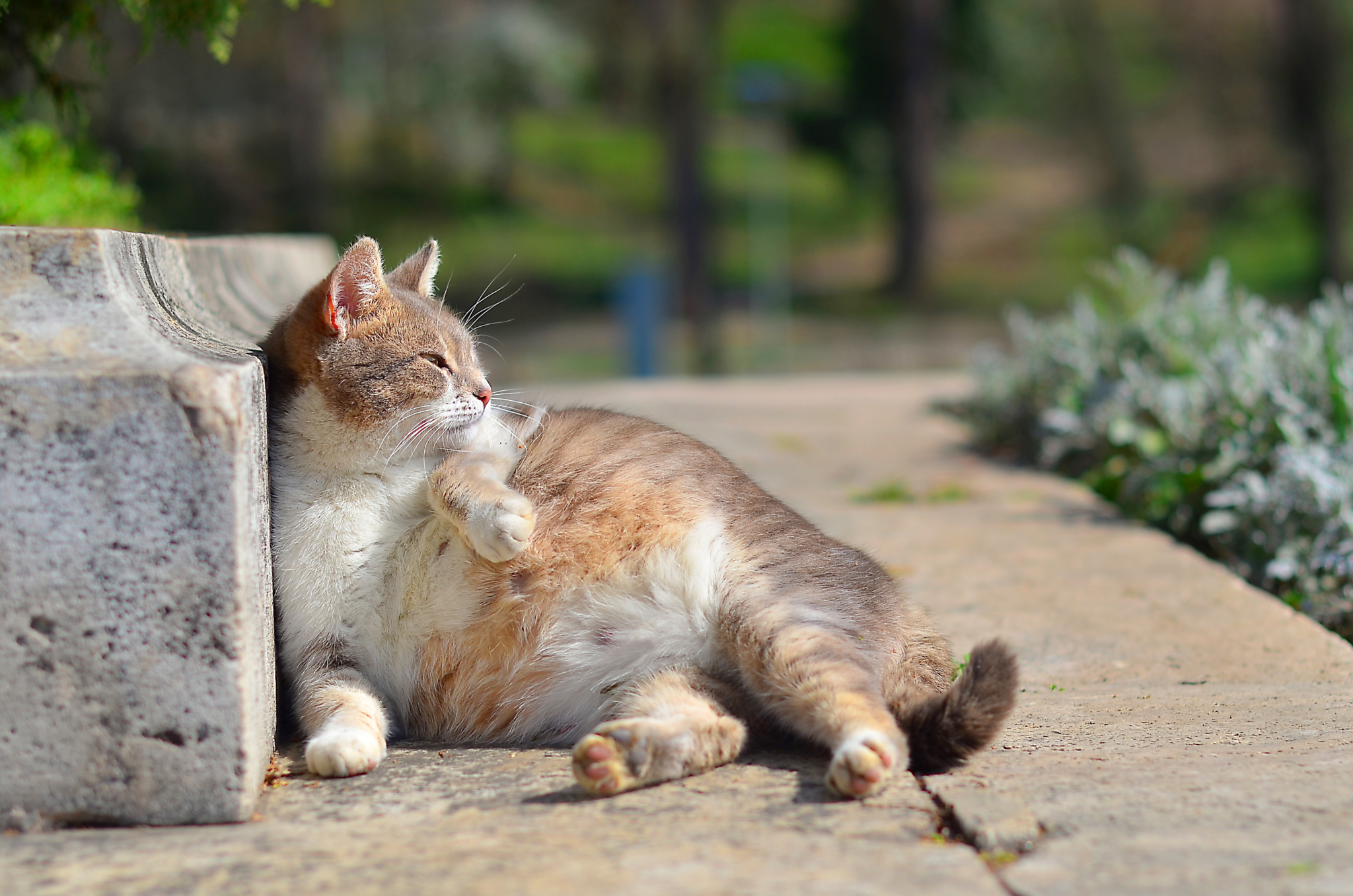If you feel hesitation towards desexing your cat, it is understandable as there is plenty of misinformation out there about desexing. We are here to ease your minds and debunk the myths about desexing your cat!
Myth 1: Indoor cats do not need to be desexed
Unlike dogs which only come into season on average twice a year, female cats are induced ovulators and come into heat/season every 15-21 days if they are not mated.
Desexing prevents reproductive behaviours such as female cats ‘calling’ when they are on heat or in season. Calling behaviour includes yowling and crying in search of a mate which often occurs at night time.
“If you have ever heard an on heat cat calling or yowling it can be a piercing and relentless noise”, she said.
Desexed female cats also receive health benefits, such as a reduced risk of mammary cancer and do not develop infections of the uterus since it has been removed in the desexing procedure.
Desexed male cats are also less likely to roam, are less likely to show aggressive behaviour in the household, and are less likely to fight with other cats in the household.
Myth 2: Only female cats need to be desexed
Not only does desexing a male cat stop unwanted litters at the source, but they are generally less likely to roam which reduces the risk of them getting into cat fights, being exposed to infectious disease, or being hit by a car.
Undesexed male cat urine also has a very pungent odour and desexing them will reduce or even eliminate this odour.
Myth 3: Female cats can’t get pregnant again while they still have a litter of kittens with them
It is a common myth that female cats with kittens (also known as queens) can’t have kittens again in a short time frame. The truth is female cats can come on heat within a few weeks of their kittens being born, so a queen may be nursing one litter while pregnant with the next one.

Myth 4: Cats should have one litter before being desexed
There's no evidence to suggest that cats benefit from having a litter.
If anything, desexing your cat without them having a litter prevents any pregnancy complications and the emergency care they may need.
Desexing your female cat will remove the risk of pregnancy, and will prevent your cat from coming into heat every 15-21 days.
Myth 5: Desexed cats will gain weight
Desexing will not cause your cat to gain weight.
“Removing the reproductive organs may cause your cat's metabolism to slow but ageing also has this effect. Managing your cat's diet and providing plenty of indoor enrichment is the key to keeping them slim.
Myth 6: My cat is too young to get pregnant
Surprisingly, cats become sexually mature at early as 4 months of age. Once sexually mature, female kittens can get pregnant and male kittens can get a female cat pregnant.
Cats are indiscriminate breeders so a brother may breed with his sister, a father with his daughter or a mother with her son. This means there are no limitations to how many litters a cat can father in their lifespan, causing an ongoing growth of unwanted litters and stray cats that inundate shelters like AWL.
Find out more about desexing your pet by heading to our blog.